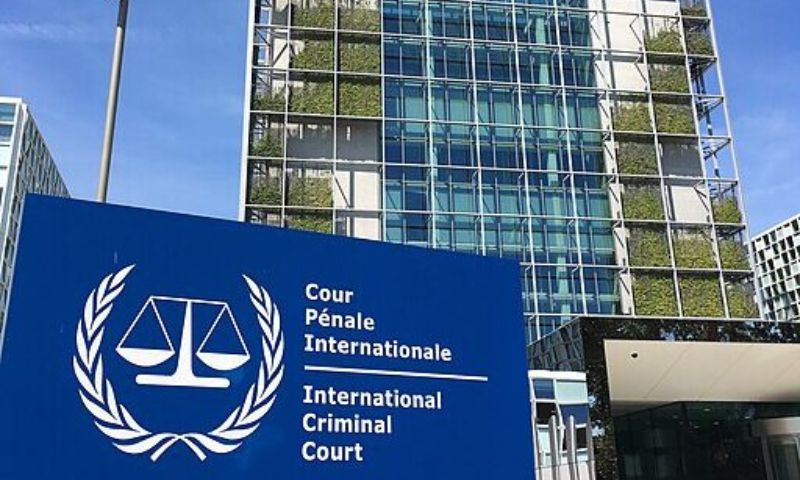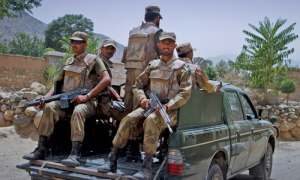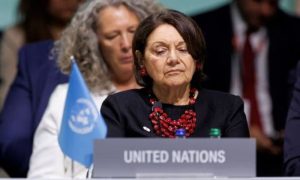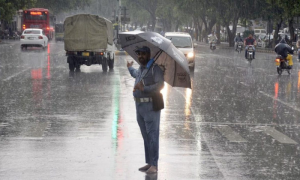LONDON: The Dutch foreign ministry has summoned Israeli Ambassador, Modi Ephraim, over allegations that a secret surveillance and spying campaign against the International Criminal Court (ICC) was carried out by Israeli spy services.
The move by Dutch officials follows a detailed investigation published jointly by The Guardian, +972 Magazine, and Local Call, which uncovered Israeli intelligence operations spanning nine years aimed at undermining and influencing the ICC’s chief prosecutor’s office. The revelations have sparked significant political and diplomatic repercussions.
Under an agreement with the ICC, the Netherlands, as the host state, is obligated to safeguard the safety and security of ICC personnel and ensure the court operates without interference. The Dutch foreign ministry confirmed the meeting with Ambassador Ephraim in response to inquiries raised by members of parliament (MPs), who demanded clarity on the allegations and the government’s stance.
Earlier this month, the Netherlands joined 92 other member states in reaffirming their commitment to defend the ICC against political pressures and external interference. This collective support came amid critical decisions being made by the ICC regarding applications for arrest warrants filed by Chief Prosecutor Karim Khan. These warrants pertain to allegations of war crimes and crimes against humanity during the Gaza war involving Israel and Hamas.
Karim Khan’s applications have drawn strong reactions from Israel and its allies, including the United States, prompting heightened scrutiny of the ICC’s proceedings.
Kati Piri, an MP representing the Green-Labour alliance, has been vocal in calling for a thorough investigation into whether the Israeli embassy was involved in the alleged covert activities targeting the ICC. Piri emphasized the Netherlands’ special responsibility to uphold the ICC’s independence and shield it from intimidation tactics.
In response to MPs’ queries, the Dutch foreign ministry affirmed its staunch opposition to any form of threat or intimidation directed at the ICC. The ministry acknowledged ongoing security discussions with the court to address various concerns.
However, Piri criticized the Dutch government for what she perceived as insufficient transparency in its handling of the allegations. She stressed the importance of robust public support from the Dutch authorities in defence of the ICC’s mission and its staff.
“As host country, I expect louder public support from the Dutch government for the ICC and its employees,” Piri asserted in an interview with The Guardian.























